Hey Superhero readers,
I am beyond delighted, excited, ecstatic to share today’s interview with you. It is with a dear friend, a writing mentor + teacher and someone who I deeply admire. Not just for her smarts, her depth and her artistry, but for her ability to tell the truth in the most beautiful and heart-opening way.
I met Laurie Wagner at a party over 10 years ago. We immediately gravitated toward each other, giggled over red wine and told stories deep into the night. My heart recognized a kindred in her. Shortly after, I began writing with her at her dining room table in one of her Wild Writing courses — a magical table filled with women pouring out their hearts in words, learning to be brave and vulnerable, guided by the enchanting Laurie who sets the bar high and makes it look easy.
All these years later, I am still taking that Wild Writing course (now at Teahouse) and she launched an online version called Telling True Stories this year. (Lucky you!)
There are a small handful of writers that I owe everything to. Laurie teaches me (as a writer and friend) that we can share the real stuff of our hearts, that there are others to receive it and be moved by it. She helped me find my voice, go to the edges of my courage and heal my heart through the transformative practice of writing.
Get ready to fall in love.
What is your superpower?
What I value most in a person is honesty and authenticity, and so I aim for that as best I can. But it’s more than just a set of values, the truth is, I simply can’t tolerate the lie or the half-truth inside of me. If I’ve kept something from you, eventually it will come out. I must purge it or I can’t sleep. And this propensity to tell the truth reveals itself all over my life – in writing classes, at dinner parties, in relationships, good god – sometimes in professional meetings with strangers. That doesn’t always go so well.
I can’t help myself. I tell the awkward truth, I point to the elephant in the room, I confess.
And when I do this, when I take the first risk and sacrifice myself like that, what often ends up happening is that it changes the air in the room and people start telling the truth and taking risks around me. This going first business seems to have the effect of making it safe for people because it shows them how big the territory of our connection is, and it turns whatever space I’m in – a classroom – a dinner party – into a much more interesting and soulful experience because we all wade into deeper waters.
I tell the truth to save my own life – but it’s also an invitation for other people to join me there – and I think that’s where a lot of people want to be. And so because of this superpower, if you will, my connections and experiences with people – friends and family and students – are full of vitality, authenticity and richness.
What are your obsessions? And how do they make their way into your creative work?
I adore rusty metal – old buildings – walls – scraps from a work site – abandoned equipment. I love the way metal oxidizes and the patina changes over time. You get these amazing colors; oranges and greens, pinks and grays. I use metal in my altered books, and some day when my life opens up a little more I’m going to weld and make things. Rusty metal is some kind of doorway for me – every time I pass a gorgeous, old metal building I always promise myself, soon, soon.
Ripped Paper. I do a lot of collage and most all of it starts with ripping paper up – something that I find deeply freeing. Just the sound of it – rrrrrriiiip! There’s an intrinsic relief in that – I think because it immediately takes me out of my perfectionist tendencies to create things “just so.” You can’t control how the paper is going to rip, and so you work from what you get, which inspires an intuitive, off the grid kind of art-making. There’s no road map – just rip and paste, rip and paste, and kind of quickly too. It isn’t so different from the messy speed of wild writing. Both teach me to go with gut instinct, let go of perfection and take risks.
Racquetball, clearly– even if I’m not playing it, I’m thinking about it. Sometimes when I’m laying in bed I can see the ball coming at me and I imagine how to shift my body to receive it – over and over. Playing a sport is a perfect metaphor for everything because who you are on the court is who you are in your life. Do you frustrate easily? Can you tolerate missing the ball over and over? What are the thoughts in your head when you’re ahead? When you’re behind? When I’m on the court I’m thinking about the game, but I’m also making the connection between how it applies to the rest of my life. It’s one of my biggest teachers.
I make a lot of lists. I just feel more located, like I can find myself when I’ve written things down – plus – my memory is shot and has been drifting away ever since I had kids 17-years ago. But list making isn’t just about getting things done – it turns out that you can write really beautiful stories from an itemized list. I wrote a story about my childhood using street names from my neighborhood. I’ve written stories by using the names of old boyfriends. Each name is like a wrung on a ladder and a way to explore some aspect of who I have become as a woman through knowing them.
What are the top 5 things you’ve learned so far as a creative entrepreneur?
1. I’m a double Taurus – practical, grounded, flat-footed and I love a sense of security, so I’m big on keeping a day job. Your new offering – your class, your coaching practice, your gorgeous line of purses may be the cat’s pajamas – but putting all your eggs in that basket is stressful because those new adventures take time to grow legs. Having something you can rely on until you’re ready to fly helps you feel more held, less panicked. I always worked in bookstores, even when I was publishing articles and working on creative projects on the side.
2. Trust what you love. Today I have a brand – but it didn’t come from a master plan, it came from consistently moving toward things that I resonated with. One of the most fun things I do is the Traveling Writers Series, where internationally known writers come to my house to teach. People ask me how I got so and so to come all the way to California to teach to a small group of writers in my living room, but it wasn’t part of a business plan, it came from a pure desire to work with writers who I admired and wanted to study with. I didn’t have the time or money to go to them, so I invited them to come to me. I didn’t think, “Who would people want to study with?” I thought, “Who am I dying to study with?” Over time, by consistently trusting what I love I have assembled a world around me that others can participate in, but which deeply sustains me – not just financially, but soulfully.
3. Be Patient. I’d been teaching writing for at least 10 years before I truly understood what I was actually teaching. Yes I was teaching people to write, but I was actually teaching them how to live, how to get curious, how to examine the story they were telling to see what else was there. So I’d say, focus on deepening your relationship with what you’re doing. Stick with it, learn more about who you are in your work and why it’s meaningful to you. Whatever you end up offering is going to come from a much deeper place and have more organic integrity.
4. Move away from the market and the pack. I find that if I’m too interested in what other people are doing I start to compare myself, and I wonder if I should be doing what they’re doing. It’s distracting. A bunch of years ago I had a productive life in the market. I’d published some books and a lot of essays, but I got to a place where my creativity was totally fused with the market. “What did people want to read about?” “What would sell?” It got in my way creatively. So I stepped away and took 10 years off of trying to sell anything so I could focus instead on what wanted to come out of me – who was I as a creative person on my own, without the influence of wanting to sell things. That’s where that day job came in handy. I worked in bookstores, I taught writing. But most importantly, I spent all those years getting to know my own language better – the one that wasn’t meant for an audience, but the one that was the most authentically me.
5. Identify your teachers. Surround yourself with people you admire. I made a list of my writing heroes and then systematically brought them to my house at 27 Powers to teach. Being in the midst of people I respect, watching them teach, listening to them respond to students has helped me to make a place for myself as a teacher and validate my own instincts. I have grown so much in the last few years, becoming a better teacher and writer in the process.
Tell us about a time when you had to practice courage.
Every time I send out a newsletter it takes a little courage.
Like a lot of people, I need folks to play with me – sign up for classes, come to workshops. So to have to consistently sell yourself takes something. I try to take good care of myself so the demons don’t rush in with their snickering, “who the hell do you think you are?!” Seriously, I eat well, I work out, I keep my relationships with people clean. All those things keep me feeling proud of myself so that when the voices come I feel like I’m standing on solid ground with myself, and I won’t be as susceptible to their cruelty. That allows me to have the courage to keep going.
I believe that vulnerability is a superpower. Tell us a story about how embracing your vulnerability. What were the gifts on the other side?
A week before I launched my new e-course, Telling True Stories, I still didn’t understand how to run the classroom, which buttons to press or how the site actually worked. All these people had signed up and paid me and I knew they were going to have questions about how to navigate the site. I could talk to them for days about writing, but the mechanics of the classroom were still new to me. I could hardly breath thinking about not knowing how to answer their questions. I would be such a disappointment! They’d want their money back.
Rachel Cole, my coach, talked me down, reminding me that showing up with flaws was a GREAT thing to do, right off the bat, because it would reveal to my students that I was just a regular gal, imperfect but well intentioned – JUST LIKE THEM! Who knew that you could actually USE your flaws to draw people in? So I took a deep breath – and yes – there were problems on the site and people were frustrated, but I was able to calmly communicate with them and let them know that I had their back. And the students got it, they empathized with what I was dealing with, and they wrote me, thanking me, cheering me on. I showed up with good intentions AND site problems and they were with me all the way. It turned out that having problems was not a problem.
What are a few things people wouldn’t know by looking at you?
That I’m seriously addicted to Friday Night Lights
That although I have many friends, I spend a great deal of time alone.
That I have a visceral memory of sitting high on a hillside looking down onto the Medieval town I lived in centuries ago.
That I sometimes buy a pack of cigarettes and smoke them.
And I chew a lot of gum.
That something’s going on with my sexual mojo – at 52 my sex drive is a tiny blip on the radar.
That I have perfected the art of pulling hairs off of my chin with my fingertips.
That when my dad was dying I waited and waited for him to tell me he loved me.
That I encourage people to cherish their messy, beautiful selves, but of course I battle my own perfectionism
That I’m very competitive – in racquetball when I win I scream.
What did you believe as a kid that you no longer believe?
I remember thinking that if you loved someone that you would love them forever.
I didn’t understand how people who were married for 25 years could divorce. I thought love was made of metal – impenetrable – forever. My teenage daughters still think this way. They can only imagine one Prince Charming. I remember when I broke up with my first love at 25 – I still loved him AND I realized that I couldn’t be with him if I wanted to have a more full life. It was the first time I realized that life is complex – you can feel two almost opposite things at once and they can both be true.
In my 21-year marriage there have been endless moments of complexity where I was certain we were over, then later the tides would change and I could feel our togetherness again. It’s almost easier to live in a black and white world where you can paint by numbers and follow the rules. But when you embrace complexity it asks you to sit with feelings that don’t always feel good. I was taught, as were many people, that feeling bad meant that you ought to get the hell out of where you were – but that’s not always so. Feeling bad takes you into a darker, deeper place where you probably have some bidness with yourself.
What is your current mantra? Tell us about the last time you used it.
“I love this game.”
I made this up when I was playing competitive racquetball. The thing was, I really wanted to win – everyone did. Racquetball players are very Type A – very intense, totally competitive. We hit that ball hard. But I found that if I led with all that aggression and open desire to kill my opponent, it was too emotional for me. One time I even kicked my racquet in front of a crowd. So I needed to find a place to be in the game that wasn’t the emotional extreme of either “YAY I’m ahead! Or “Shit! I’m losing!” And I found that the mantra “I love this game” took me into right relationship with the game – the place that allowed me to keep a good spirit going no matter if I won or lost. Because I did love the game and winning or losing wouldn’t change my love. I was grateful to be able to compete and play. So every time I served the ball I’d mutter to myself, “I love this game,” and the funny thing was, I started winning a lot more. It calmed me down.
I try and implement this mantra into my life when I remember to. Someone once told me, “It’s an appreciation game.” They were talking about everything – all of it – every second. This is sometimes hard to remember, but it’s a good practice. Thank you. Thank you. Thank you. I love this game. Thank you.
 Laurie Wagner is a published writer, (Living Happily Ever After: Couples Talk about Lasting Love, & Expectations: Women Talk about Becoming a Mother), who has been leading Wild Writing workshops and teaching Creative Writing through 27 Powers.org & Writers.com for the last 15 years. Her new baby, Telling True Stories, a 5-week eCourse, will run again on September 10th. Laurie’s teaching is based on the belief that when we put the truth into words, life swings into focus. and before too long, telling the truth becomes an unstoppable impulse – an internal river of confidence, clarity and freedom. Find out more about 27 Powers and Laurie’s classes here www.27powers.org
Laurie Wagner is a published writer, (Living Happily Ever After: Couples Talk about Lasting Love, & Expectations: Women Talk about Becoming a Mother), who has been leading Wild Writing workshops and teaching Creative Writing through 27 Powers.org & Writers.com for the last 15 years. Her new baby, Telling True Stories, a 5-week eCourse, will run again on September 10th. Laurie’s teaching is based on the belief that when we put the truth into words, life swings into focus. and before too long, telling the truth becomes an unstoppable impulse – an internal river of confidence, clarity and freedom. Find out more about 27 Powers and Laurie’s classes here www.27powers.org



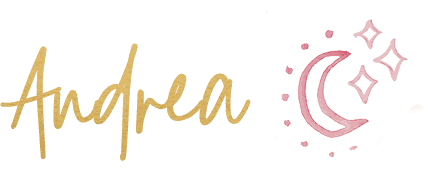




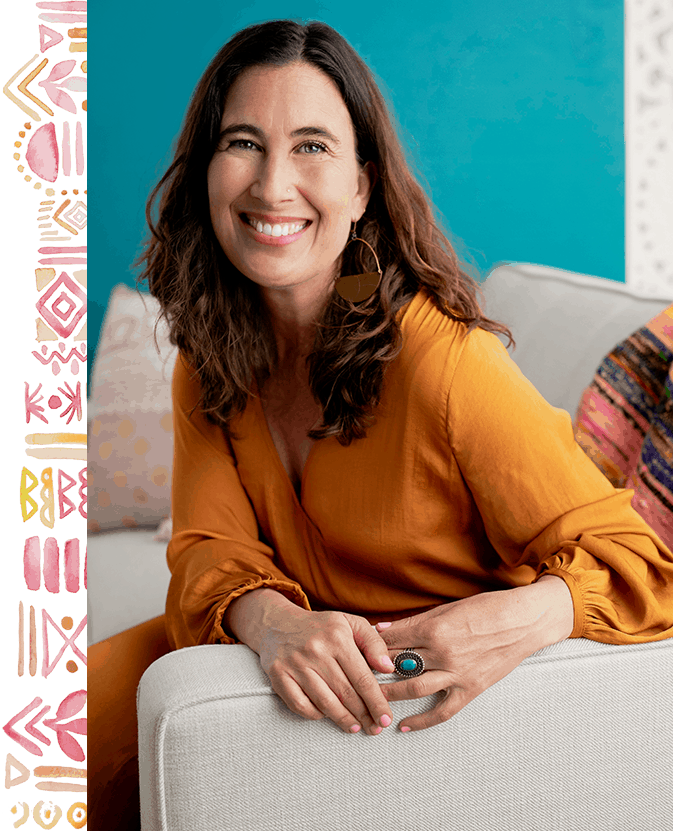
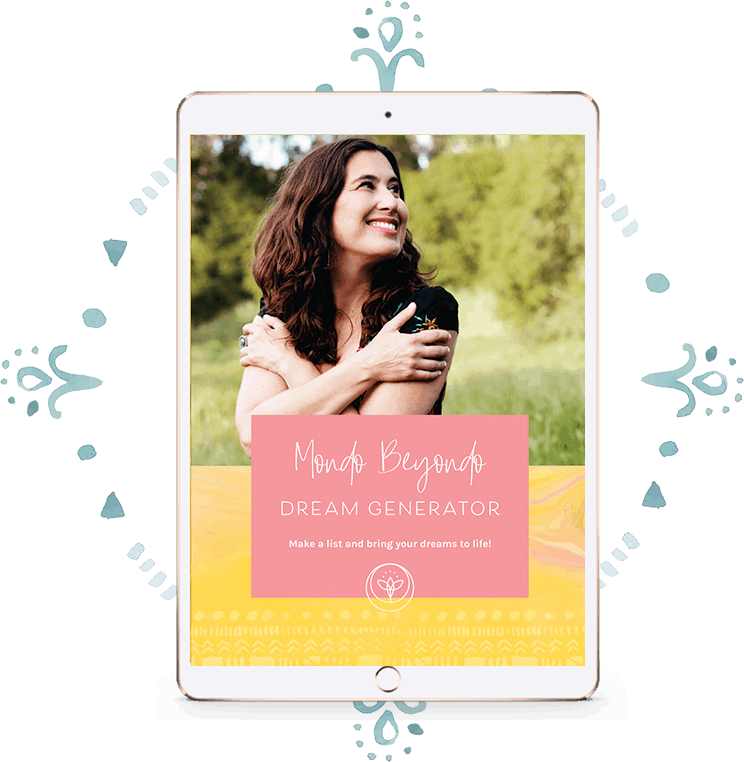
![[Podcast] Manifest Anything You Want with Shantini Rajah](https://i0.wp.com/www.andreascher.com/wp-content/uploads/2024/07/WEBSITE_Graphics_for_Podcast_Instagram_Post_Square_3-20240516-g2j5dalikz.png?resize=400%2C300&ssl=1)
![[Podcast] The Good Eater with Nina Guilbeault](https://i0.wp.com/www.andreascher.com/wp-content/uploads/2024/07/nina_school_of_wonder.png?resize=400%2C300&ssl=1)
![[Podcast] The medicine of poetry with James Crews](https://i0.wp.com/www.andreascher.com/wp-content/uploads/2024/07/james_crews_school_of_wonder.png?resize=400%2C300&ssl=1)

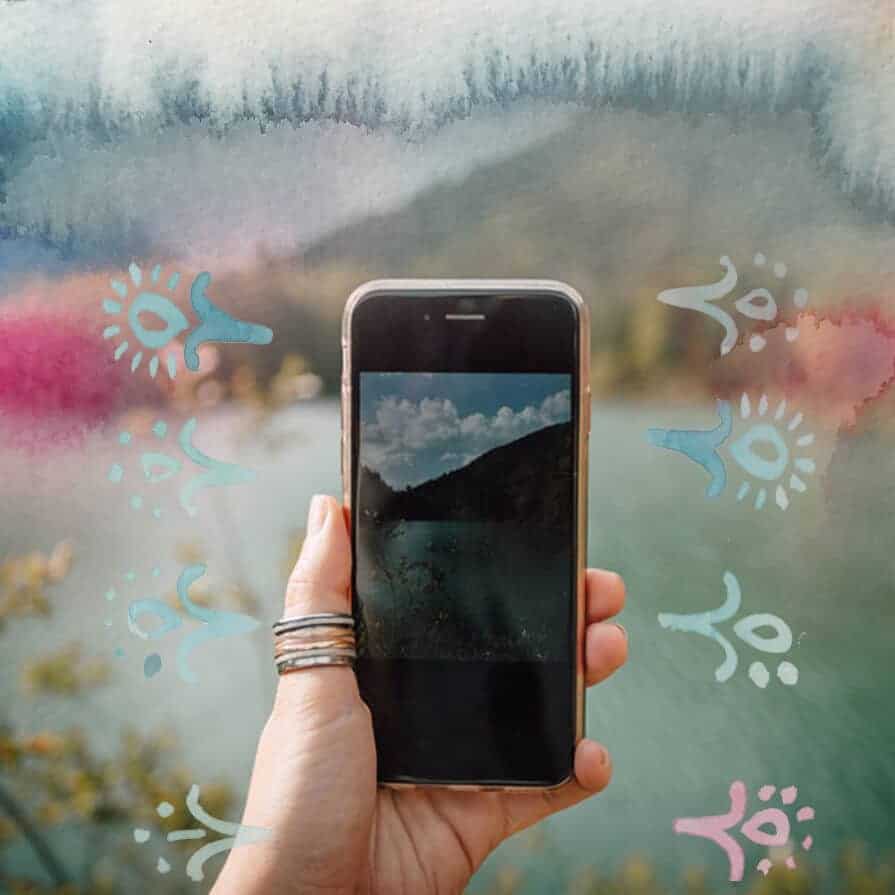
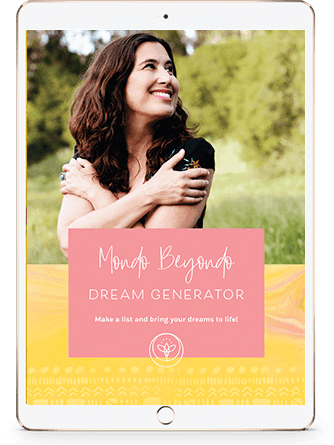

Laurie, I so enjoyed reading this interview. My heart ached for you when I read about you waiting for your dad to tell you he loved you.
This is such a beautiful, open portrait of you, Laurie. Your “things people wouldn’t know” is so very you, to the heart of it, everything allowed. I love your work, and that it has brought you here. Thanks for being here (on earth) at the same time, and for opening your life to me.
god, i love this woman. her honesty, her words, i can hear her voice in my ear. she teaches me to be honest, open and to trust what i have to offer.
great great great interview!
xxx
So inspirational; I enjoyed reading this.
http://cineblog.rokvu.com/activity/p/737828/
http://www.ehome-husheng.com/forum.php?mod=viewthread&tid=15997&fromuid=5326
Hey, you used to write magnificent, but the last few posts have been kinda boring… I miss your super writings. Past few posts are just a little out of track! come on!